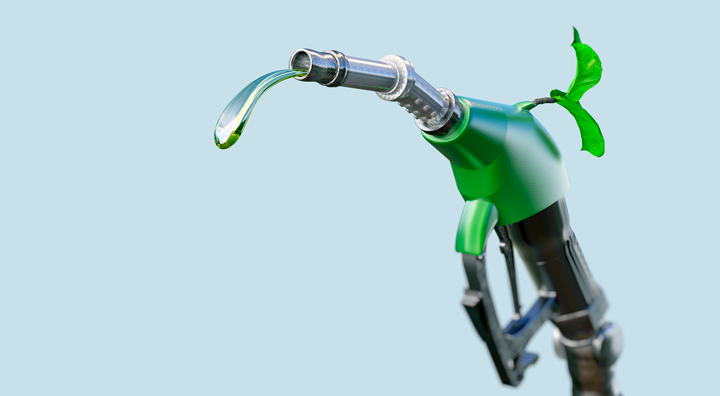
Image: Pixabay
The share of renewable sources in electricity generation in Brazil reached, in March this year, the highest level since the beginning of the century. This is highlighted in the Monthly Energy Bulletin for the month of March, published this Thursday (29/06), by the Ministry of Mines and Energy (MME). According to the publication, the contribution of renewables to the Internal Electricity Supply (OIEE) reached 90.4% in the year to March.
The OIEE is accounted for based on the portions of Centralized Generation, Distributed Generation (GD), Self-Production of Energy (APE), Isolated Systems and Electric Energy Exchange. According to the publication, March's record was the result of favorable rainfall conditions and the strong growth of renewables in the country. These factors also helped to reduce the use of coal, natural gas and petroleum derivative thermoelectric plants, increasing renewability in the generation.
{module Form RD}
The presence of renewable sources in the Internal Energy Supply (OIE) was also high: estimated at 48.6% in the accumulated until March, points out the Monthly Energy Bulletin, carried out by the Department of Information, Studies and Energy Efficiency (DIEE), of the Secretariat National Energy Transition and Planning of the MME (SNTEP). According to DIEE, since it showed a drop in 2021, OIE and OIEE have presented more relevant results in the share of renewables. The OIE went from 45% in 2021 to 47.4% in 2022.
OIEE reached, in 2021, 78.1% of renewability, even in the face of water scarcity. In 2022, it reached 87.9%. Photovoltaic Distributed Generation (DG) has grown in the electrical matrix every year. From March 2022 to March 2023 alone, there was a growth of 93.9% in installed capacity. The following figure demonstrates the increase in solar installed capacity:
Still in the March bulletin, another highlight was the publication of the Resolution of the National Energy Policy Council (CNPE), which changed the content of the mandatory mixture of biodiesel in diesel oil to 12% from April onwards, and the progressive evolution of this percentage which should reach 15% by the year 2026. The resolution also established parameters to promote the acquisition of renewable fuel through the Social Biofuel Seal Program for the North, Northeast and Semi-Arid Regions (Northeast and North of Minas Gerais). This Program aims to reduce greenhouse gas emissions, generate jobs and income for small producers in the regions covered, in addition to contributing to the reduction of imports of fossil products.
Source: datagro
{module Read Also}












